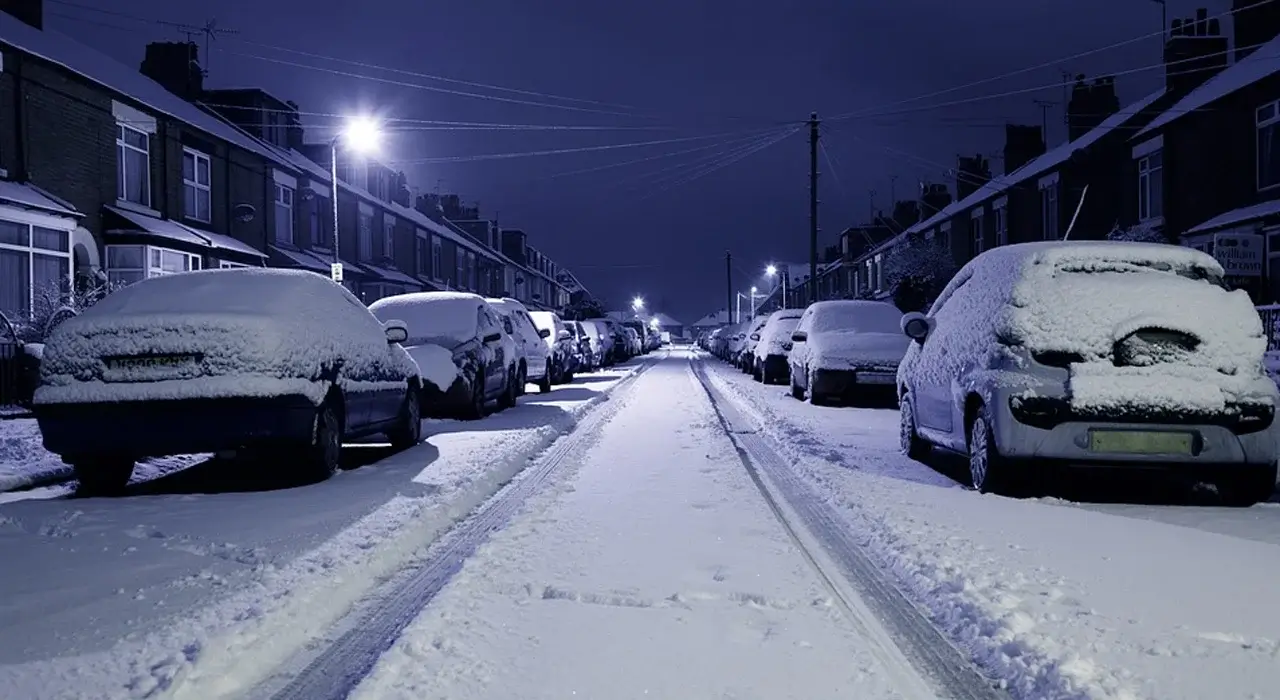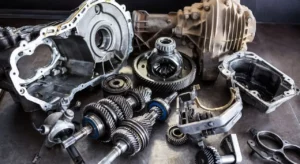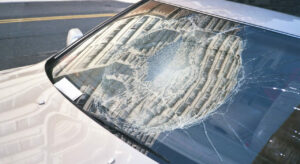Cold temperatures can put a lot of stress on your car. So, you must get ahead of the situation by preparing your vehicle for cold weather. That will help keep winter problems from hurting your machine and wallet.
One way to prevent car repairs from making a massive dent in your wallet is to winterize your vehicle. You do not have to be a trained mechanic to do that. Some simple preventative measures, such as investing in an extended car warranty, can help keep your cash in your wallet and your car on the road.
For example, CarShield extended warranties offer monthly contracts and flexible payment options. However, is this type of warranty a good investment? To answer this question, you must look closely at the CarShield cost, plans, benefits, exclusions, and reviews. To make the wisest financial decision, get quotes from several providers. Prices for an extended warranty can vary based on your location, vehicle age, and other factors.
Winterizing Your Car and Wallet
A poorly maintained car during the winter can easily lead to big problems. You should keep your vehicle running well year-round, especially when the weather gets icy. It can save you money and headaches in the long run. Some of the ways to prepare your car and wallet for cold weather include:
- Buy a Windshield Cover for Ice and Snow
Scraping ice and snow from your windshield before driving can quickly become annoying. Also, you may end up scratching your windshield when trying to remove stuck ice. Eventually, you may have to replace your windshield, which will dent your budget. Fortunately, a windshield cover provides an ingenious, simple, affordable, and effective solution. All you have to do is remove, shake, and drive off.
- Inspect the Tires
Tires require careful maintenance year-round since they affect your vehicle’s handling, braking ability, and overall safety. Weather changes can cause tire pressure to fluctuate. So, you must check your car’s tire pressure and adjust it as indicated in the user manual. You should also check the tire treads and look for signs of wear and tear. That is because traction is crucial on icy or slippery roads.
Furthermore, it would help if you determined whether you need snow tires. Modern snow tires are versatile, but their tread life is not as long as all-season tires. If you live in a region with extreme winter conditions, it makes sense to purchase winter tires for extra traction on wet roads and snow.
Suggestion: 9 Best Quick Release Steering Wheel Review To Buy Online
But if temperatures in your area usually stay above 30 degrees, you should get by just fine with the all-weather tires that come with your car. Thus, you will not have to spend money on new snow tires.
- Test the Battery
Examine your battery connections to ensure they are clean of corrosion and tight. You will typically see a powdery white substance on your battery when it starts to erode. Remember that car batteries do not always give a warning before they fail. To help you avoid the expense and hassle of an unplanned winter failure, look for an auto parts store that will test and charge your battery for free.
- Remove Organic Matter That Finds Its Way Into Your Vehicle
Your vehicle is not the place to make compost. Twigs, leaves, and other organic matter can cause problems in your vehicle. When they accumulate in certain areas of your car, such as the air plenum near the windshield, they can cause corrosion or leaks. If your vehicle has a sunroof, open it and look from outside the car. Obstructions in the sunroof drains can lead to wet carpets, headliners, or worse.
- Check Hoses, Belts, and Fluids
Open the hood and check the fluid levels. You must ensure the brake fluid, power steering fluid, engine oil, and antifreeze are all within the required operating levels. Before you top up any fluid, ensure you use the right type to avoid expensive engine problems.
Popular For You: 9 Most Aggressive Mud Tires Every Truck Should Have
It would be best to examine the belts and hoses throughout the engine to ensure they are tight and in good condition.
- Test the Brakes
When ice and snow accumulate on the roads, your car’s braking system becomes more crucial to keep you and your passengers safe. If your brakes are grinding or screeching, they likely require service. Also, if your steering wheel tends to shake when you brake, it might indicate warped brake rotors. If you ignore these warning signs, you may face an unsafe vehicle and a significant repair bill.
- Check the Coolant in Your Radiator
You should ensure the coolant in your radiator is at the proper level. Fortunately, you do not have to spend any money to check the coolant. You can do it yourself. But if it has been more than two years since you last flushed your system, have a professional take a look at your radiator before winter hits. In most cases, this is a free service. During the process, your mechanic can spot any coolant leaks and related problems.
- Test the Heat
Strangely, many car owners forget or neglect to test the car’s heating system before winter. If your system blows cold air even after the engine is warm, you probably have a problem with the vehicle’s heating and cooling system. Such issues are typically complicated and costly. So, have a professional assess the heating system before temperatures drop too low.
- Check Your Insurance
Your car insurance policy should provide all coverages you may require in case winter driving gets the best of you. That will save you from having to pay out-of-pocket for accident-related repairs.
- Replace the Wiper Blades and Wiper Fluid
Imagine driving at night, and suddenly a freezing rain storm starts beating down on your windshield with torrents of water. You switch on your wipers to see better, only to discover they do not work. One of the common causes of car accidents is low visibility. Winter auto accidents can lead to physical injury, property damage, and even death. So, you should replace your windshield wipers and keep your wiper fluid filled up.
Conclusion
Winterizing your vehicle does not have to cost you an arm and a leg. The key is to follow the steps outlined above. Doing so will keep you safe and rev up your car and wallet.
Discover more from Locar Deals
Subscribe to get the latest posts to your email.




